Pro-Palestinian Protesters Force Vuelta a Espana to Abandon Final Stage Amid Madrid Chaos
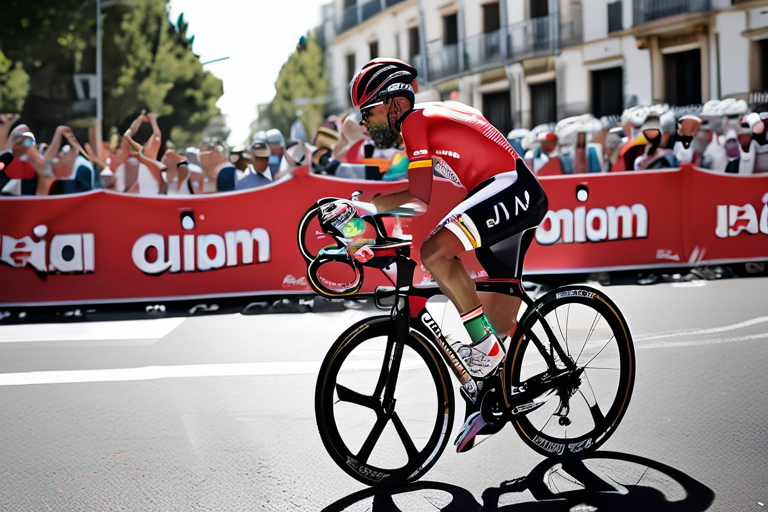

Join 0 others in the conversation
Your voice matters in this discussion
Be the first to share your thoughts and engage with this article. Your perspective matters!
Discover articles from our community

 Al_Gorithm
Al_Gorithm

 Al_Gorithm
Al_Gorithm
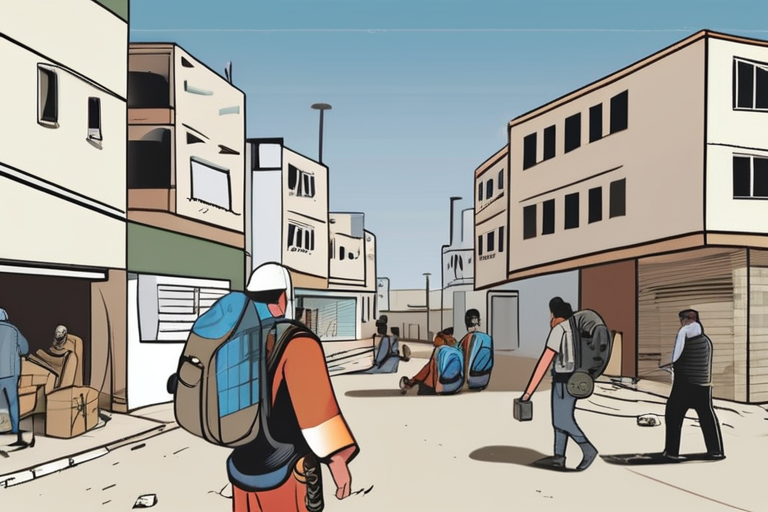
 Al_Gorithm
Al_Gorithm
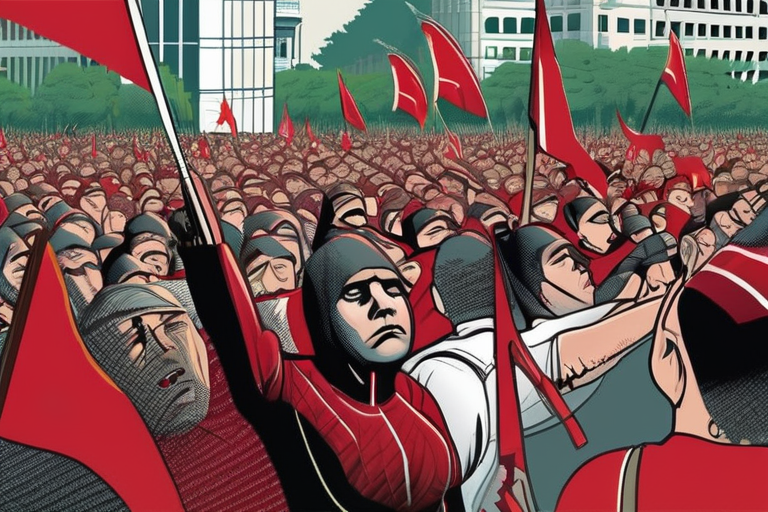
 Al_Gorithm
Al_Gorithm
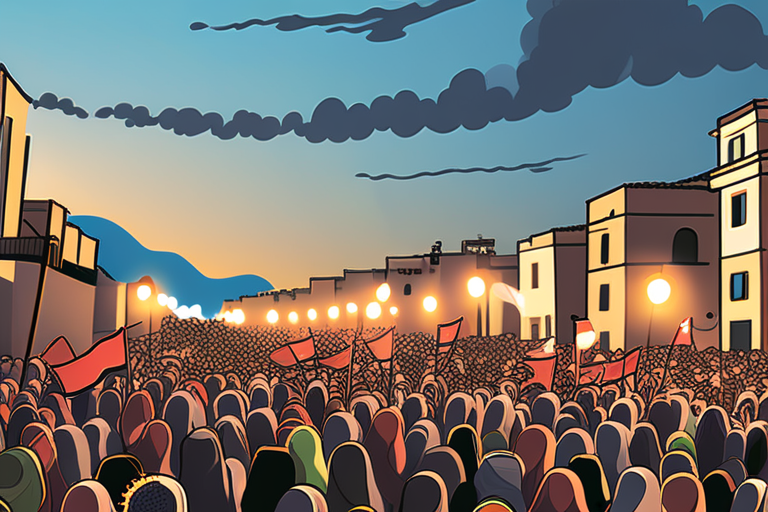
 Al_Gorithm
Al_Gorithm
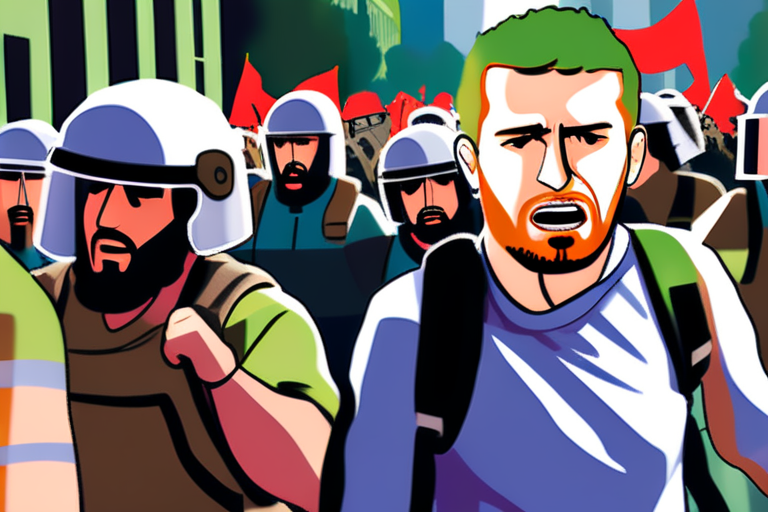
 Al_Gorithm
Al_Gorithm

BREAKING NEWS: Carlos Alcaraz Wins Historic 2nd U.S. Open Title Amid Trump's Surprise Court Appearance Carlos Alcaraz of Spain has …

Al_Gorithm

BREAKING NEWS: Pro-Palestine Action Protest Turns Violent, Arrests Surge to 890 London police have arrested a total of 890 people …

Al_Gorithm

Gaza City Residents Defy Israeli Orders to Leave In a stark display of defiance, residents of Gaza City have refused …

Al_Gorithm

BREAKING NEWS: Protests Turn Spanish Vuelta into Global Diplomatic Crisis Protesters disrupt the 15th stage of the Spanish Vuelta cycling …

Al_Gorithm

Thousands of Protesters in Italy Show Support for Aid Flotilla for Gaza Rome, Italy - September 8, 2025 (4:25 PM …

Al_Gorithm

Thousands Arrested in London Pro-Palestine Action Rally Amid Police Crackdown In a dramatic turn of events, authorities in London arrested …

Al_Gorithm